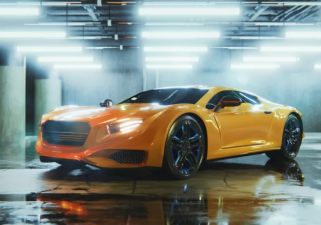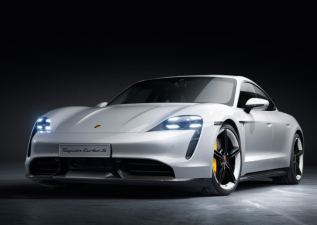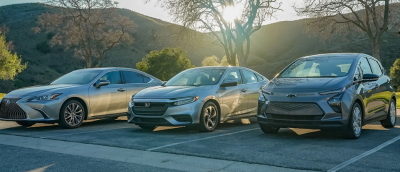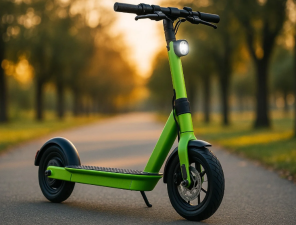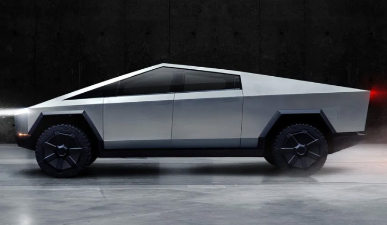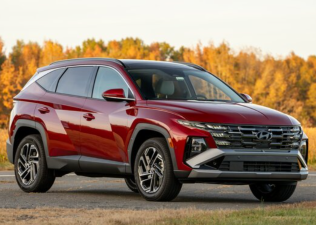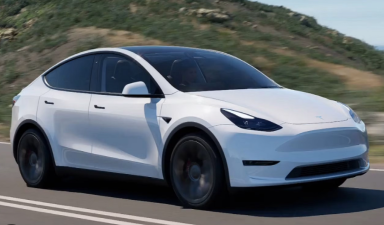BMW Launches Affordable EV for First-Time Buyers
BMW electric vehicles are designed specifically for urban transportation, meeting the requirements of green, low-carbon, and zero-emission transportation and embodying intelligent urban transportation.
BMW electric vehicles are designed specifically for urban transportation, meeting the requirements of green, low-carbon, and zero-emission transportation and embodying intelligent urban transportation.
Development History
For over 40 years, BMW has been committed to the development of sustainable transportation and has steadily achieved numerous key successes. BMW has continuously put its vision into practice on a wider scale, accumulating valuable experience from various prototypes and test vehicles.
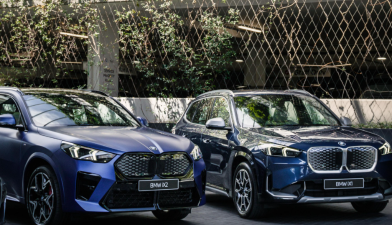
Electric Vehicle Technology and Experience Accumulated Since 1969
The dream of electrification began in 1969 with the development of the BMW 1602 electric vehicle, which debuted at the 1972 Munich Olympics. For over 40 years, the BMW Group has continuously put its vision into practice on a wider scale, accumulating valuable experience from various prototypes and test vehicles. The 1991 BMW E1 was one such test vehicle, showcasing many of the characteristics of modern electric vehicles and used to explore the advantages and disadvantages of electric driving in practice.
Entering the Electric Vehicle Era
However, electric drive didn't truly become practical until the development of lithium-ion battery technology in 2004. This new type of battery, already used in laptop computers and rechargeable batteries, solved age-old issues such as cycle stability and load resistance. The BMW Group seized this opportunity by launching BMW i—a small, dynamic "think tank" dedicated to developing sustainable mobility solutions—to develop new technologies to meet the future needs of drivers worldwide. One of its first achievements was the MINI E, which has been collecting customer test drive experiences since mid-2009.
- In the near future
In 2012, BMW launched a second, larger-scale driving campaign with the BMW Active E, offering a wider range of drivers the opportunity to experience the vehicle. This will generate further feedback and provide customers with the opportunity to test early versions of the BMW i3 powertrain. The rise of sustainable transportation will be developed from the ground up at the BMW high-tech plant in Leipzig, where the BMW i3 plant will also be built.
- Product Introduction
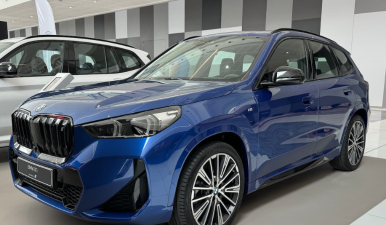
The BMW i3 concept car [3] with eDrive technology is designed for urban transportation and is an authentic environmentally friendly car. It is purely powered by electricity and fully meets the requirements of green, low-carbon and zero-emission transportation, and is the embodiment of intelligent urban transportation.
With its innovative eDrive technology, this concept car not only achieves zero emissions and an unparalleled driving experience, but also allows the driver to enjoy peace and tranquility throughout the journey, and has a range of 160 kilometers (100 miles) on a single charge. In addition, thanks to the use of fast charging technology, it can reach 80% of its capacity in 30 minutes. The electric motor of the BMW i3 concept car has an output power of 125 kW/170 hp (maximum torque of 250 Nm), and the power is transmitted to the rear axle through a single-stage gearbox. The powerful power of this electric motor comes from a set of powerful lithium-ion batteries that are perfectly integrated with the body chassis. The elegant, streamlined design of the BMW i Concept Car is perfectly embodied by its flowing lines, large side windows, lightweight construction, transparent passenger cell, and optimal aerodynamics. The distinctive LifeDrive architecture forms the basic framework of the coupe, a design reflected in its exterior design and color variations. The "layered" design principle embodies the harmonious interaction between the Life passenger cell module and the Drive powertrain module.
Sustainability
Since the early 1970s, sustainable development has played a decisive role in the BMW Group's corporate strategy and operations. Since then, mass-produced vehicles have been optimized and equipped with innovative BMW EfficientDynamics technologies, significantly reducing exhaust emissions during production and vehicle operation.
But sustainable development is not limited to environmental factors. The BMW Group focuses on three key areas of sustainability: environmental development, economic development, and social development. The BMW Group has achieved significant success in promoting sustainable development: for the eighth consecutive year, the BMW Group has been the world leader in sustainability among automotive companies.

